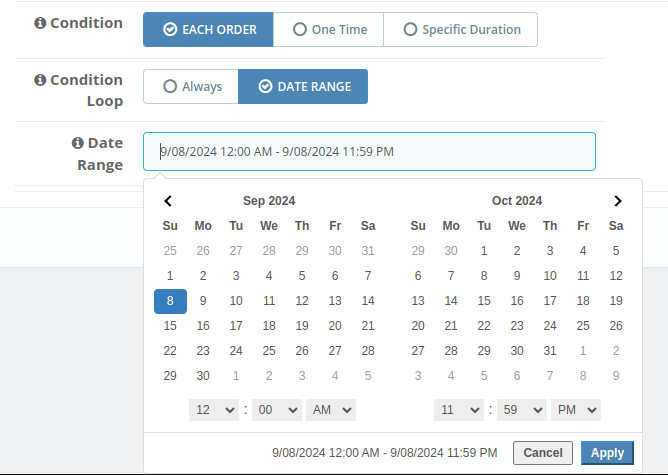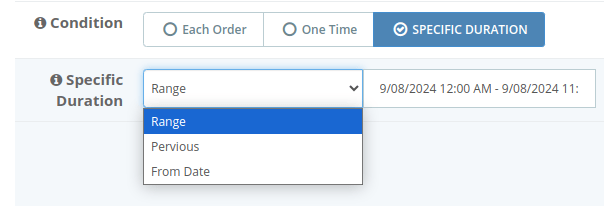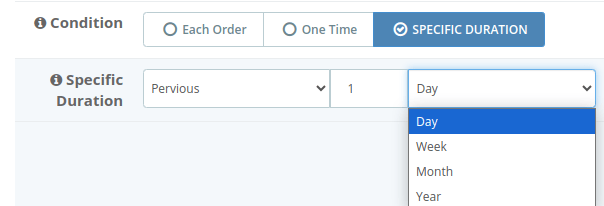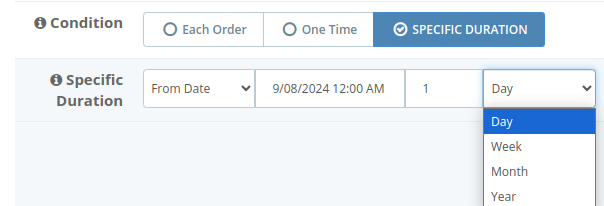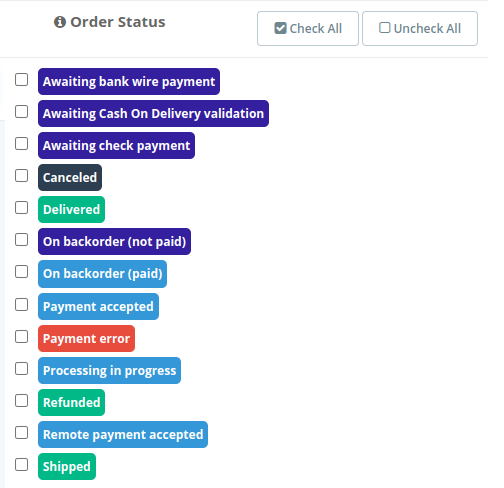The duration rule is designed to control when customers can place orders based on their previous purchasing behavior. This helps store owners manage inventory, prevent bulk buying, and encourage repeat purchases.
How it works:
The rule is triggered when a customer's order doesn't meet the specified minimum quantity or amount. Once triggered, the duration rule will prevent the customer from placing another order until the selected duration has elapsed.
Benefits for Store Owners
- Inventory Management:
Prevents overselling by limiting purchases from customers who frequently buy large quantities. - Customer Retention:
Encourages repeat purchases by spreading out orders over time. - Price Optimization:
It helps set appropriate minimum purchase quantities to maximize revenue. - Fairness:
Ensures that all customers have a fair chance to purchase products.



